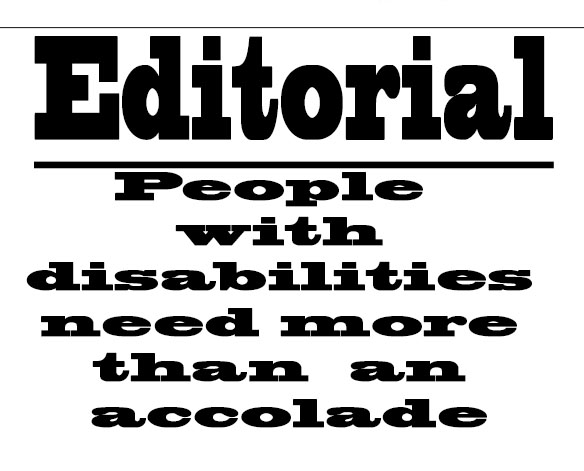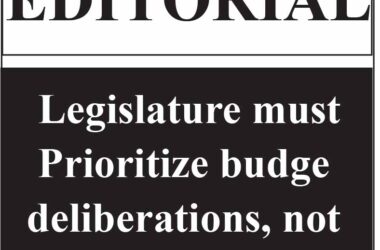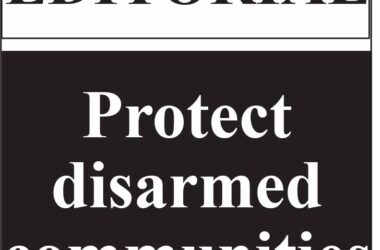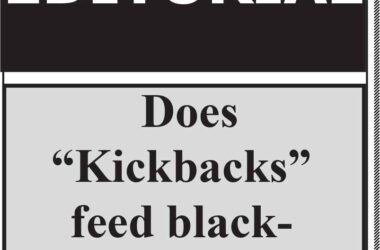Tuesday 15th August 2023 marked South Sudan’s launching of rectification of the United Nations Convention on the Rights of Persons with Disabilities (CRPD).
Most times, when talking about one’s rights, the common understanding is political participation, which is more of an honorary accolade, than a full recognition of a person with disability as a human being. Accolade
Rectification of the United Nations Convention on the Rights of Persons with Disabilities is a millstone in the records of the country. To embrace and acknowledge the rights of people with disabilities is crucial but hopefully, this should not only end up on pieces of paper.
People with disability are valuable members of society who contribute to the social, cultural, economic, and political development of their communities. To realize these benefits, their diverse needs and preferences should be met. It may require different types of support and accommodation to achieve their full potential.
Disability is not just a fixed attribute of a person, but rather a dynamic and complex phenomenon that depends on the context and the environment.
Invisible beauty is that God endows people with disability with varied talents that even surpass others but these most often, are neglected.
Meanwhile, in South Sudan like many other African countries, People with disabilities face challenges in different aspects of their lives, such as accessibility, education, employment, health, and social inclusion.
People with disabilities are marginalized, discriminated, disrespected, frustrated and traumatized in their attempts to interact with the rest of society. Others consider them cursed.
Unless the government launches a national awareness campaign to sensitize the community, to transform the negative connotations, the challenges facing people with disabilities will still remain unaltered.
Many children with disabilities fail to attend schools; are rarely given medical care, given less parental love and attention unlike other siblings and have limited social interaction.
Looking at the architectural aspect of discrimination against people with disabilities, many offices and other buildings in the country do not favor wheelchairs, a situation that needs to be corrected.
We lack institutions that cater for the education of deaf and blind children, let alone, the possibility of employment in the country.
People with disability should be given the opportunity to develop their full abilities right from infancy or be rehabilitated, for those who get disability at a later age. They love and care like the rest.




